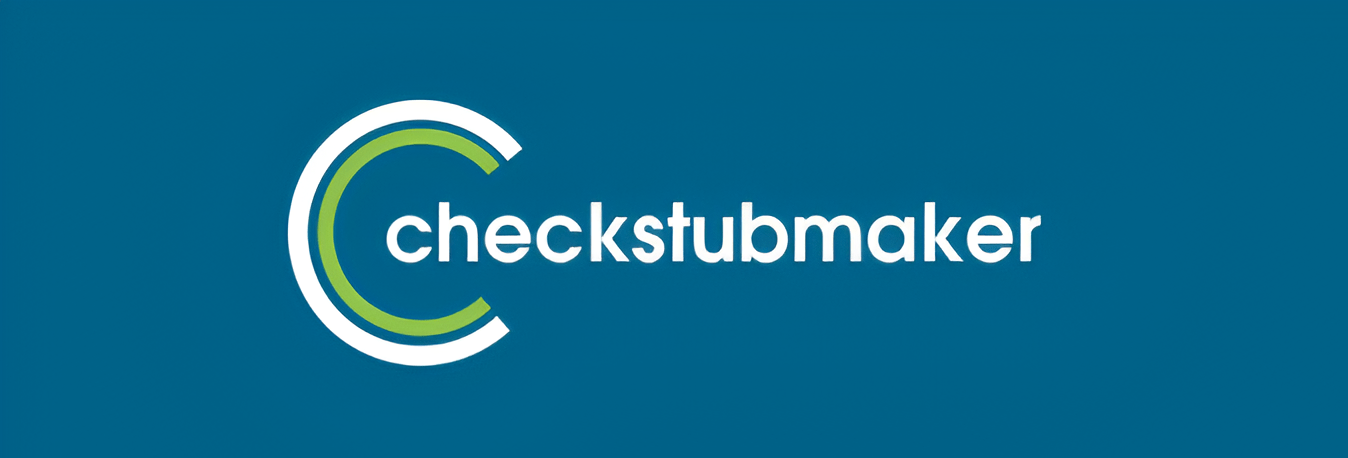
What Is OASDI on Paystub?
What is OASDI on paystub? Have you ever pondered this question while examining your paycheck? If so, you're certainly not alone. For many of us, the intricac...
Aug 14, 2023Have you ever wondered, "What is PAC on my paystub?" You're not alone.

Have you ever wondered, "What is PAC on my paystub?" You're not alone. “PAC” stands for a Political Action Committee. It refers to organizations who pool political campaign contributions from members and donate those funds to support or oppose candidates, ballot initiatives, or legislation. At Check Stub Maker , we're experts in all things payroll-related, and we're here to help you understand the impact of PAC-related donations on your pay stubs. In this article, we'll dive deep into the world of Political Action Committees - from their types, benefits, and what their presence on your pay stub signifies for you while using our pay stub creator . What this article covers:
A Political Action Committee, or PAC for short, is an organization that:
Based on our observations at Check Stub Maker, PACs represent various interests, including businesses, labor unions, and ideological groups. They play a significant role in the American political landscape by allowing individuals and organizations to collectively support causes and candidates they believe in. Moreover, PACs serve as a bridge between private citizens or organizations and the political process. This enables them to have a more substantial impact on elections and policy-making. 
PACs collect contributions from people who share similar political goals or interests. The funds are then used to support political campaigns, candidates, or causes that align with the PAC's objectives. When you see a PAC deduction on your pay stub, it means you've chosen to contribute a portion of your earnings to a specific Political Action Committee, often one associated with your employer or industry. These donations are separate from your regular wages and are only deducted if you've explicitly agreed to participate. It's important to remember that you have the right to opt-out or modify your contribution at any time though. PAC-related deductions are different from others you might see on your paystubs , such as med ER on paystub , LTD % on paystub , or STD in paystub (short-term disability insurance). While these are typically mandatory benefits related to healthcare and disability coverage, PAC contributions are always voluntary.
There are several types of PACs, each with its own set of rules and regulations. Table: Types Of Political Action Committees
Type Of PACEstablished ByContribution SourcesContribution LimitsDirect Candidate SupportLikelihood On PaystubSeparate Segregated Funds (SSFs)- Corporations
labor unions
trade associations
Individuals associated with sponsoring organizations
Examples include employees, shareholders, members etc
Limited
Yes
High
Nonconnected Committees- Groups of like-minded individuals
Anyone
Limited
Yes
Low
Super PACs- Independent groups
Corporations
Unions
People
Unlimited
No
Independent expenditures only
Very Low
Hybrid PACs- Independent groups
Varies by account
Two accounts
One is limited while one is unlimited
Yes (limited account)
No (unlimited account)
Very Low
Leadership PACs- Current or former Congress members
Political figures
Candidates
Varies
Limited
Yes (to other candidates)
Very Low
Separate Segregated Funds , also known as corporate PACs, are established by corporations, labor unions, or trade associations. These PACs can only solicit contributions from people associated with the sponsoring organization, such as employees, shareholders, or members. When you create pay stubs with us at Check Stub Maker, you'll likely see a PAC deduction on your pay stub when you make donations to an SSF. This will usually be because you work for a large corporation or are part of a union. These funds allow organizations to pool resources from their members to support political causes aligned with their interests.
Nonconnected committees are PACs that aren't sponsored by or connected to any specific corporation, labor organization, or trade association. They're often formed by members of the public who are groups of like-minded people sharing common political goals. While less common to see on a check stub , you might contribute to a nonconnected committee if you're part of a professional association or interest group that operates a PAC.
Super PACs, officially known as independent expenditure-only committees, can raise unlimited sums of money from corporations, unions, and private persons. However, they cannot contribute directly to or coordinate with political parties or candidates. Drawing from our experience at Check Stub Maker, it's unlikely you'll see a Super PAC deduction on your pay stub. These organizations typically receive large donations from wealthy individuals or corporations rather than small, regular contributions from employees.
Hybrid PACs, also called Carey committees , have two accounts: one for making contributions to candidates and parties (subject to federal limits) and another for independent expenditures (with no limits on fundraising or spending). Like Super PACs, it's uncommon to see hybrid PAC contributions directly on your pay stub. These organizations often rely on larger donations rather than small, regular employee contributions.

Leadership PACs are political committees established by current or former members of Congress, other prominent political figures, or candidates. These PACs are used to support other candidates' campaigns and can help build political alliances. While you probably won't see a leadership PAC deduction on your pay stubs, understanding this type of PAC can help you grasp the broader landscape of political fundraising in the U.S.
Through our practical knowledge, PACs offer several benefits to both contributors and the political process as a whole, such as:
It's worth noting that while PAC contributions are common, they're not the only government-related item you might see when you make paystubs with us at Check Stub Maker. For instance, you might encounter EIT on paystub , which stands for Earned Income Tax, or DP with state on check stub , which refers to various state-specific deductions on healthcare insurance for domestic partners living in the same household.

In this guide, we explored what PACs are, how they operate, the various types that exist, and the benefits they offer. Understanding this can help you make informed decisions about your political participation in the future. At Check Stub Maker , we believe in empowering you with knowledge about every aspect of your paycheck. While we can't make decisions about political donations for you, we can certainly help you generate accurate and professional pay stubs that pave the way for your business or PAC. So, why not try our easy-to-use pay stub generator today? It's a simple way to ensure that your payroll documentation is always clear and compliant for your next political endeavor. If you want to learn more, why not check out these articles below:

What is OASDI on paystub? Have you ever pondered this question while examining your paycheck? If so, you're certainly not alone. For many of us, the intricac...
Aug 14, 2023
In the realm of smart financial moves, the tax advance with pay stub stands out as a modern marvel. Ever dreamt of tapping into your tax refund before it even hits your bank account?
Oct 04, 2023
As a small business owner, efficiency and cost savings are likely at the top of your priority list. Managing your day-to-day operations while trying to innov...
Apr 06, 2023